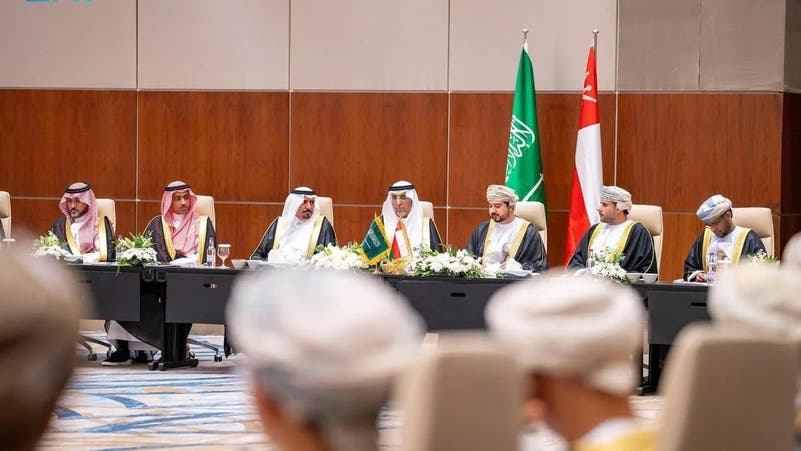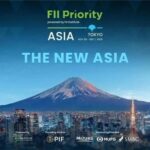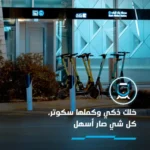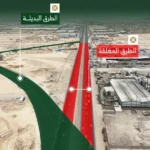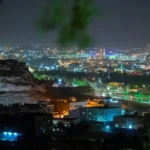The Saudi-Omani Business Council is studying a proposal to establish strategic partnerships between the Kingdom of Saudi Arabia and the Sultanate of Oman in several promising economic sectors. This aims to contribute to the development of joint investments, enhance integration in supply chains, and support private sector efforts to achieve the goals of Saudi Vision 2030 and Oman Vision 2040.
The Council held its meeting in the Omani capital, Muscat, to discuss cooperation opportunities between the two brotherly countries.
The meeting was attended by the heads of the Saudi and Omani sides of the Council, in addition to broad participation from Saudi and Omani investors.
It is worth noting that the meeting was held on the sidelines of the Omani-Saudi Trade Franchise Exhibition.
Kingdom of Saudi Arabia
The Kingdom of Saudi Arabia, founded in 1932 by King Abdulaziz Al Saud, is a modern nation built upon a deep historical and cultural heritage rooted in the Arabian Peninsula. It is the birthplace of Islam and home to its two holiest cities, Mecca and Medina, which have been central to the faith for over 1,400 years. The country has undergone rapid transformation in the last century, evolving from a desert kingdom to a significant global economic and political power, largely due to its vast petroleum reserves.
Sultanate of Oman
The Sultanate of Oman is an Arab nation on the southeastern coast of the Arabian Peninsula with a rich maritime history as a powerful trading empire. Historically, its influence extended across the Indian Ocean, from East Africa to the Indian subcontinent. In the modern era, it transformed from an isolated state into a stable, modern nation under the rule of Sultan Qaboos bin Said, who reigned from 1970 until 2020.
Saudi Vision 2030
Saudi Vision 2030 is a strategic framework launched in 2016 to reduce Saudi Arabia’s dependence on oil, diversify its economy, and develop public service sectors such as health, education, infrastructure, recreation, and tourism. The vision is built upon three main themes: a vibrant society, a thriving economy, and an ambitious nation, with goals that include establishing a more sustainable and diversified economic base. It represents a profound transformation of the country’s social and economic landscape, with major projects like the futuristic city NEOM serving as flagship initiatives.
Oman Vision 2040
“Oman Vision 2040” is not a physical place but a national strategic framework launched to guide the Sultanate of Oman’s economic and social development. Its history is rooted in the nation’s long-term planning, succeeding the “Oman 2020” vision, and it was officially launched to diversify the economy away from oil, empower the private sector, and enhance social governance. The vision outlines ambitious goals for sustainable development, focusing on a productive and diversified economy driven by innovation and global partnership.
Muscat
Muscat is the capital city of Oman, a historic port that has been a center for trade and commerce for centuries due to its strategic location on the Arabian Sea. The city is known for its stunning natural harbor, flanked by ancient forts like Al Jalali and Al Mirani, and its modern yet traditional architecture, including the iconic Sultan Qaboos Grand Mosque.
Saudi-Omani Business Council
The Saudi-Omani Business Council is a joint economic committee established to strengthen trade and investment relations between Saudi Arabia and Oman. It was created as part of broader Gulf Cooperation Council (GCC) efforts to foster economic integration. The council facilitates business partnerships, addresses trade barriers, and organizes forums to promote bilateral commercial opportunities.
Omani-Saudi Trade Franchise Exhibition
The Omani-Saudi Trade Franchise Exhibition is a commercial event designed to strengthen economic ties and investment opportunities between Oman and Saudi Arabia. It typically showcases a wide range of franchise businesses from both countries, facilitating partnerships and knowledge exchange. While a recurring event rather than a historical site, it reflects the modern, growing economic cooperation and shared vision for development within the Gulf Cooperation Council (GCC).

